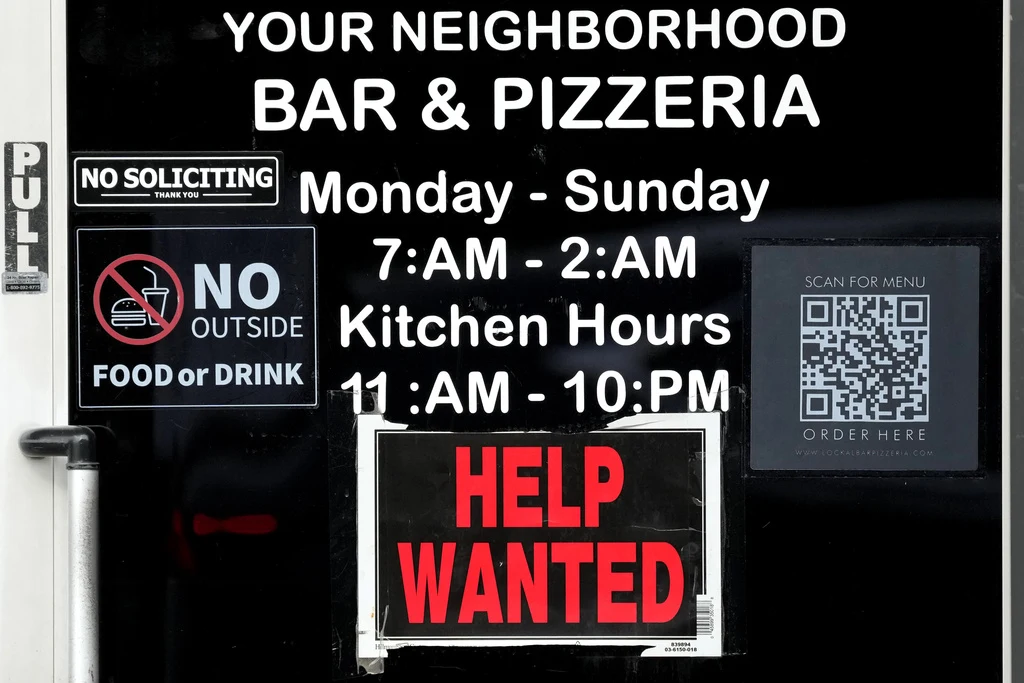If there’s anything Taylor Swift’s new album “The Tortured Poets Department” has taught me, it’s that no one is immune to the fuckery that comes from being in a situationship. Not even Swift herself. Despite being a professed romantic, even Swift has been “down bad” for mediocre dudes with tattoos.
But among the many relationship experiences Swift candidly alludes to throughout “TTPD,” perhaps the most relatable lyric comes from track 11: “I Can Fix Him (No Really I Can).” In it, Swift sings, “They shake their heads saying ‘God help her’ when I tell them he’s my man. But your good lord doesn’t need to lift a finger, I can fix him — no, really, I can.”
For anyone who’s ever thought they could fix someone, and has since lived to tell the tale, you know all too well that it’s a canon event. It allows women everywhere to attempt to fix someone only to eventually realize the hard way that people can’t be fixed — not even the super hot Tinder match who swears they’re “really into you.”
“If you want to be with someone that you think you can ‘fix,’ you are setting yourself up for disappointment,” clinical psychologist Roxy Zarrabi, PsyD, says. “Pursuing a relationship with the hope that someone will change is similar to accepting crumbs and hoping for a meal that never arrives.”
Because you may read the above and still think “OK, but I can actually fix him,” we had Dr. Zarrabi and four other relationship experts weigh in on whether it’s actually possible to fix someone.
Can You Fix Someone You’re Dating?
In the traditional sense, no. “The only thing in life that you have true control over is yourself,” psychotherapist Ronald Hoang says. “You cannot (as much as you hope you can) enforce change upon your partner.” If the problem you have with the person you’re dating is a part of their core self, like their values, religious beliefs, political stance, or a basic personality trait, you likely won’t have any luck “fixing” them.
“People will only change through their own motivation to do so.”
You may, however, be able to improve relationship issues, like communication skills, the way conflict is handled, and coping mechanisms, as long as you and your partner are willing to work on them together, sex therapist Brittney Fortin, LMFT, says. This is contingent on if your partner wants to work on it, though. “Someone cannot be fixed unless they agree to be fixed,” says Nicholette Leanza, a therapist at LifeStance Health. “People will only change through their own motivation to do so.”
Bottom line: No matter how great you are or whatever your “certain skill set” is, as Swift refers to, it’s not possible to fix someone who doesn’t want to be fixed.
What to Do If You Want to Fix the Person You’re Dating
The simple solution is to find someone who doesn’t need to be fixed. You are likely not compatible with someone who you think needs to be fixed in order to be your person. “This is not only unfair to you, but also to your partner, who deserves to be with someone who accepts them as they are,” Dr. Zarrabi says.
But because it’s not always that simple, try to pin down what exactly you want to change about the person you’re seeing. Is it something that’s inherently a part of who they are? Or is it a behavior that can be changed? If it’s a behavior, know that they won’t “fix” anything if they don’t want it to be fixed. But you can positively influence their behavior with your presence, support, and love, clinical psychologist Christina Iglesia, PsyD, says.
That said, if you find yourself repeatedly feeling drawn to fixing people you date, it may have more to do with you than it does with them. “Consider the role you are playing in this dynamic, what purpose this role serves for you, and what past painful experiences you’ve had that may have shaped this pattern for you,” Dr. Zarrabi says.
A good place to explore why you may feel the need to fix your partners is in therapy. “Sometimes we fix others because we equate love with someone needing us. Sometimes we try and fix others because we grew up in codependent relationships and therefore believe it is our responsibility to save people from themselves. Sometimes we attempt to fix others because we would rather focus our mental energy on fixing someone else’s issues than fixing our own,” Dr. Igleisa says.
Whatever the case, fixing someone is not worth the time and energy 99 percent of the time. So even if Swift made “fixing” someone seem cool again, “focus on being the right partner for yourself,” Leanza says. It’s way less stressful.
Taylor Andrews is a balance editor at POPSUGAR who specializes in topics relating to sex, relationships, dating, sexual health, mental health, and more. In her six years working in editorial, she’s written about how semen is digested, why sex aftercare is the move, and how the overturn of Roe killed situationships.

:quality(85):upscale()/2024/04/26/715/n/3019466/b8fed64b662bd1f2584974.87441947_.jpg)





